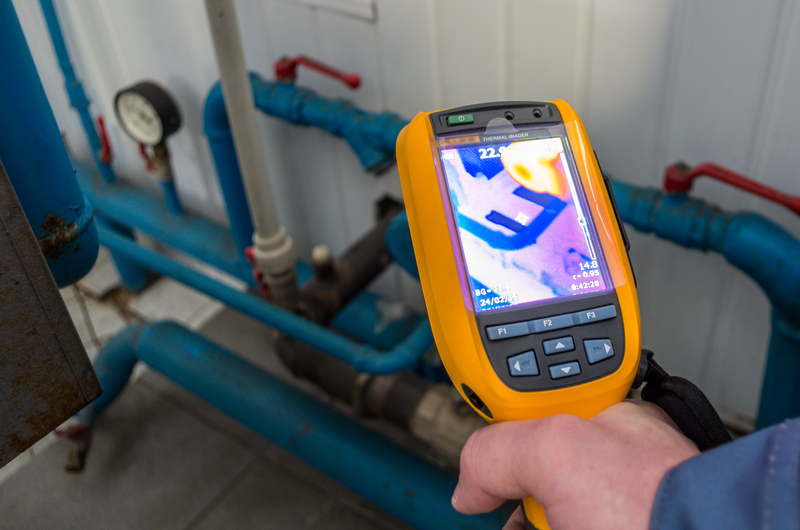The new regulations on the energy performance of newly built buildings place particular importance on the energy auditor. Basically, the energy auditor is the one to decide whether or not a building can be received and sold, respectively.
“In the new regulation MC001, recently adopted, the energy auditor is involved from the very beginning in the construction of the building. The auditor is the only one authorized by the Ministry of Development [Public Works and Administration – MDLPA] to calculate the energy consumption of new buildings”, said Cătălin Lungu, associate professor of engineering at UTCB, at EnergynomicsTalks. Lungu is also the president of the Order of Energy Auditors from Romania – OAER.
The energy performance certificate or energy certificate had been for some years already one of the mandatory documents when selling, renting or deeply renovating of a building or parts of the building. The owner, administrator or investor of a building has the obligation to request this document from the energy auditor, the only one who has the right to issue it. Energy auditors for buildings are certified by MDLAP.
“From a technical point of view, it would be correct for each energy auditor to see the building that they are energy certifying. There are many cases where these energy estimates were made based on a photograph. But, through the new regulation, these possibilities have been restricted”, said Lungu.
In addition, the energy auditor is the one who will be able, based on the energy calculations, to classify a new building or a renovated building as nZEB (neutral from the perspective of carbon emissions). “We are witnessing a paradigm shift in the field of building construction”, added Lungu.
ALSO READ A new start for the energy performance of buildings – Mc001/2022 has been approved
To be nZEB listed, a building must have low energy consumption, at least 30% of the energy consumed must come from renewable sources and have low CO2 emissions.
According to the legislation, the energy performance certificate is valid for 10 years from the moment of issuance, unless during its validity period, a major renovation of the building is carried out, changing its energy consumption.
